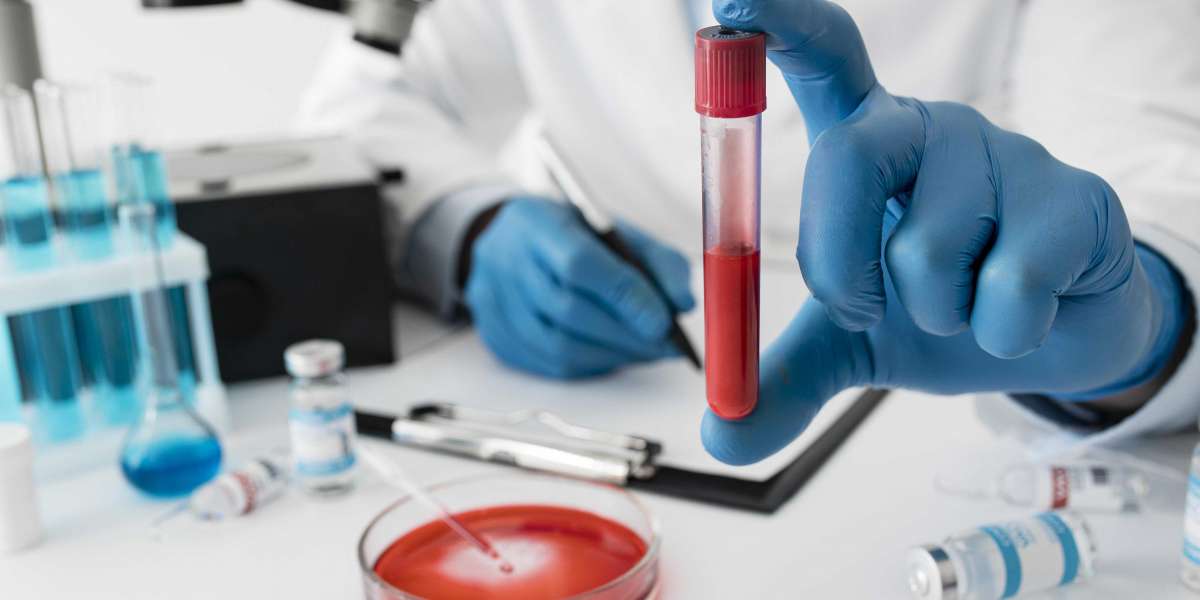A CBC blood test (Complete Blood Count) is one of the most common and informative blood tests used in modern medicine. It provides a snapshot of your overall health by measuring various components of your blood. Whether it’s part of a routine health check or used to diagnose specific conditions, the CBC test is a foundational diagnostic tool.
What Is a CBC Blood Test?
A CBC blood test analyzes three main types of blood cells:
Red blood cells (RBCs): Carry oxygen from your lungs to the rest of your body.
White blood cells (WBCs): Help fight infections and support your immune system.
Platelets: Assist in blood clotting and wound healing.
The test also includes important markers like hemoglobin and hematocrit, which give further insight into your blood health.
Why Is a CBC Blood Test Ordered?
Doctors recommend a CBC blood test for a variety of reasons. Here are some common situations:
1. Routine Health Screening
Even if you feel perfectly fine, a CBC test helps detect hidden issues early. It can reveal:
Low iron levels (anemia)
Infections
Blood disorders
2. Diagnosing Medical Conditions
CBC tests assist in diagnosing:
Autoimmune diseases
Bone marrow issues
Nutritional deficiencies (like B12 or folate)
Leukemia and other blood cancers
3. Monitoring Ongoing Health
If you are undergoing treatment for a chronic illness (e.g., cancer or autoimmune disorders), CBC tests are often used to:
Track the effectiveness of medication
Monitor side effects (like low WBCs from chemotherapy)
4. Pre-Surgical Evaluation
Before surgery, doctors may request a CBC to ensure there are no underlying issues that could affect recovery or increase surgical risk.
Interpreting Your CBC Results
While the test is routine, interpreting CBC results can be complex. Here are some key indicators:
Low RBC count or hemoglobin may suggest anemia or blood loss.
High WBC count could indicate infection, inflammation, or stress.
Low platelet count might be due to medication side effects or bone marrow issues.
Doctors evaluate these results based on normal ranges, which can slightly differ depending on age, gender, and lab standards.
Example:
In the UK, a standard CBC report will display these markers with corresponding reference ranges. If, for instance, your WBC count is 13,000 cells/mcL (normal is 4,500–11,000), it might point to an infection that requires further evaluation.
CBC Blood Test in the UK
In the UK, a CBC blood test is typically part of NHS health assessments and is available in both public and private labs. Turnaround time is generally 24–48 hours. It is widely used by GPs and specialists alike to ensure comprehensive healthcare monitoring.
Trends and Access
Many UK clinics now offer walk-in blood test services.
Some companies provide at-home CBC testing kits—a growing trend post-COVID-19.
When Should You Get a CBC Test?
You should consider a CBC blood test if you experience:
Unexplained fatigue or weakness
Frequent infections
Easy bruising or prolonged bleeding
Dizziness or shortness of breath
Chronic illness symptoms
Additionally, those with family histories of blood disorders or those on specific medications should undergo CBC testing regularly.
Practical Considerations
Fasting is not usually required.
A simple blood draw from the arm is sufficient.
Most results are available within a couple of days.
Tip: Always review your results with a healthcare provider to understand the broader implications.
Final Thoughts
The CBC blood test is a simple yet powerful diagnostic tool that provides critical insights into your health. Whether it's part of a routine check or a specific investigation, it supports early detection and monitoring of a wide range of conditions. If you're unsure about unexplained symptoms or managing a long-term illness, a CBC test can offer valuable clarity.
For individuals seeking preventive healthcare, getting regular blood work is a proactive step toward maintaining well-being and catching issues early.








